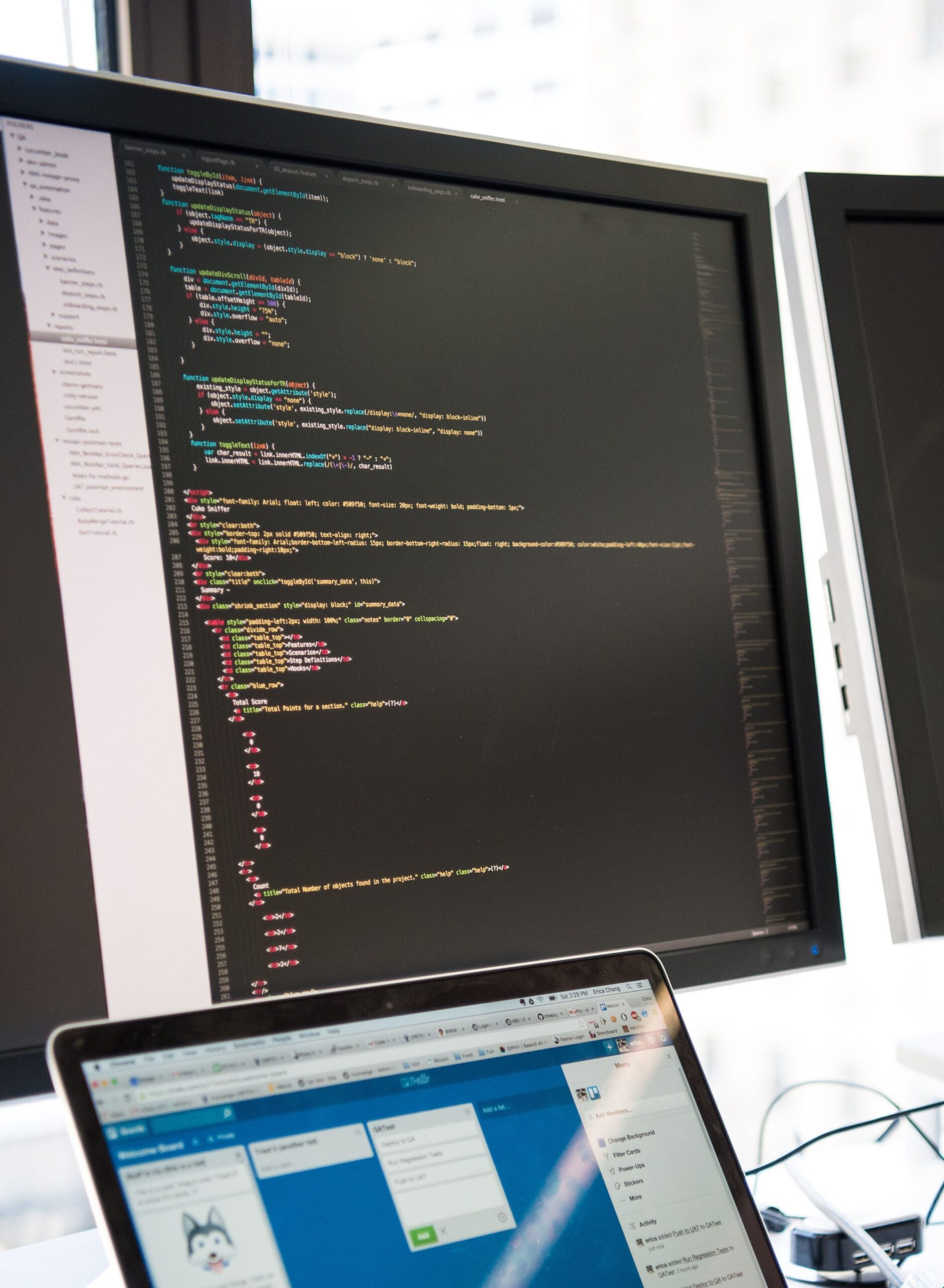Software Developers
Software developers and publishers often must navigate several areas of intellectual property. Below are just a few examples.
Trademark
Names and logos of the studio or publisher should be distinct enough not to create a likelihood of confusion with others. Names and logos for games or apps should also avoid any likelihood of confusion with other products. Certain middleware companies might require the presentation of their trademark as part of any license agreement to use their software. Registration of trademarks can provide more leverage to stop others from using a similar mark that creates a likelihood of confusion.
Copyright
Games and apps are often copyrightable as a combination of their individual components, such as the music, artwork, interface layouts, and underlying code. Individual components are also commonly copyrightable. Most uses of copyrightable material of others, e.g., music or artwork, should be properly licensed. Integrated code of others (e.g., rendering or physics engines) should also be licensed.
Patent
New, nonobvious, and useful methods for development or functionality might be patentable. Developers and publishers should also license any patented technology they are using. If accused of patent infringement or threatened with litigation by others, developers and publishers should consult an attorney to assess risks and respond appropriately. Initially ignoring threats can result in increased damage awards.
Publicity
Games and apps might utilize the name, image, or likeness of another person. Using another’s name, image, or likeness often requires that person’s consent. Such consent should likely be part of a written agreement.
Trade Secret
Developers often have proprietary tools or code that allows them to achieve certain functionality or improves their development process. Proprietary tools or code that are subject to reasonable security measures and provide independent economic value from not generally being known by others might qualify as a trade secret. Developers should consider how to protect their trade secrets while allowing employees or co-developers necessary access. Disputes concerning trade secrets can often arise when former employees attempt to utilize the trade secrets belonging to former employers.
